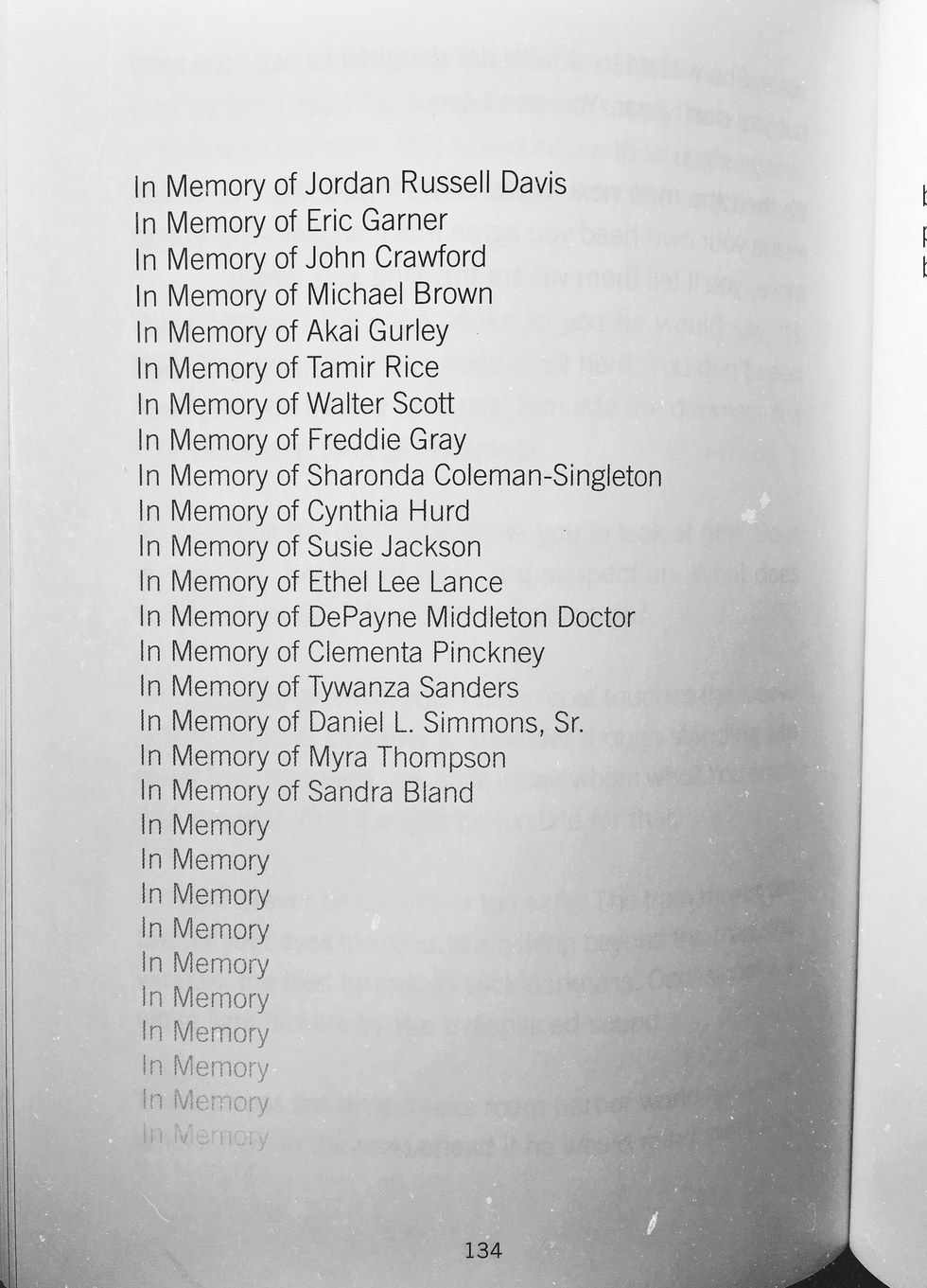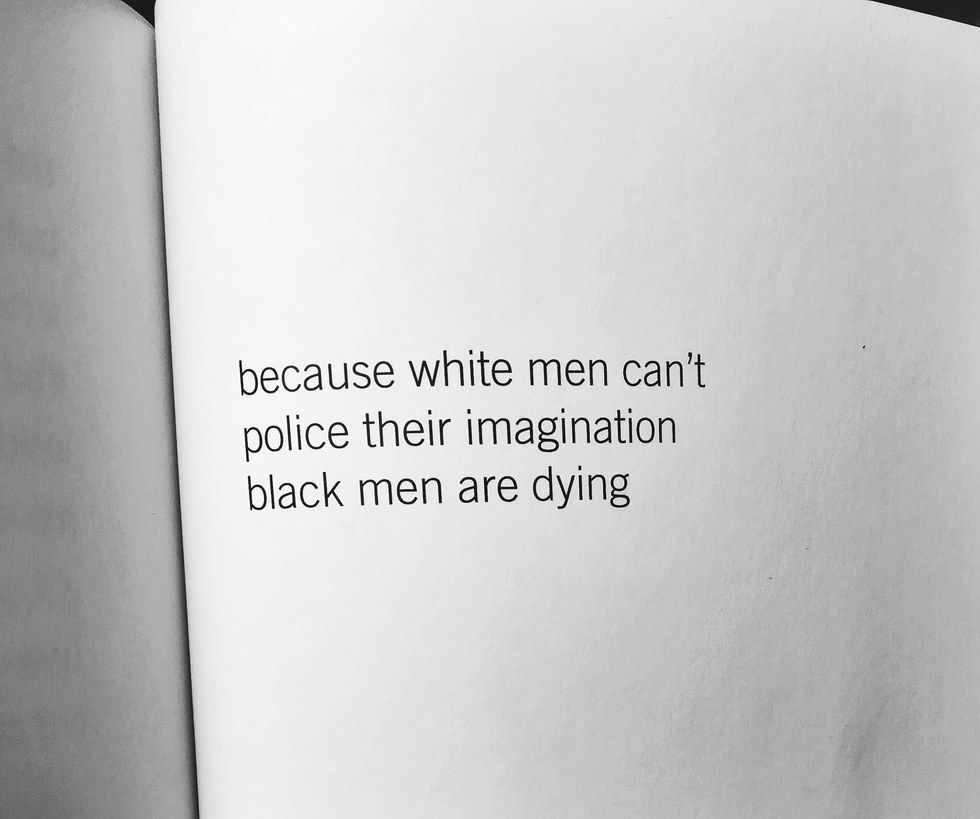New York Time’s Bestselling author Claudia Rankine read aloud and spoke on her book-length poem "Citizen an American Lyric" on Tuesday at Eastern Michigan University.
"Citizen" was published in 2014 and is the only non-fiction poetry book to be a New York Time’s Bestseller. The book is a collection of microaggressions experienced by both Rankine and other persons of color. Using racism as a guiding theme, "Citizen" connects microaggressions with the lethal effects of racial prejudice.
Recommended for you
Rankine’s voice read softly, but her soothing voice did nothing to cushion the weight of the words she spoke. She told the haunting tales of racial inequality that have plagued her. Her words evoked emotion and even brought tears to the eyes of audience members.
The most eye-opening event, however, took place during the question and answer session of the reading. An older, white man raised his hand eagerly to ask a question as soon as the opportunity presented itself. “How can we help?” he asked earnestly.
The intent of his question was good. He was a fellow advocate for racial equality and to him, this question was one in which he truly wanted an answer. Claudia Rankine responded in a way that entirely sums up why there is racial inequality still today.
“Asking [that question] means that there are two places to stand, when really the entire system is corrupt.” Asking how a white person can help acts as a divide between people of color and white people. It insinuates that black people have the solution to racism, they just need a white person’s help. This way of thinking only perpetuates systemic and institutional racism.
Racial inequality is a system in which white people must self-diagnose. Racism is not only a problem for people of color; it is everyone’s problem. As Rankine says, “We must live in a world better than this.” Everyone, black or white, man or woman, young or old, must contribute to undo the corrupt racial system we exist in.
When Rankine vocalized this thought, a wave of discomfort fell on the crowd. It became almost awkward, to be a white person sitting in a room and being told not to ask how we can help. And that is white privilege. Sitting in a room feeling slightly uncomfortable discussing race, while outside our doors, in our own cities, our own people being murdered for the color of their skin.




















